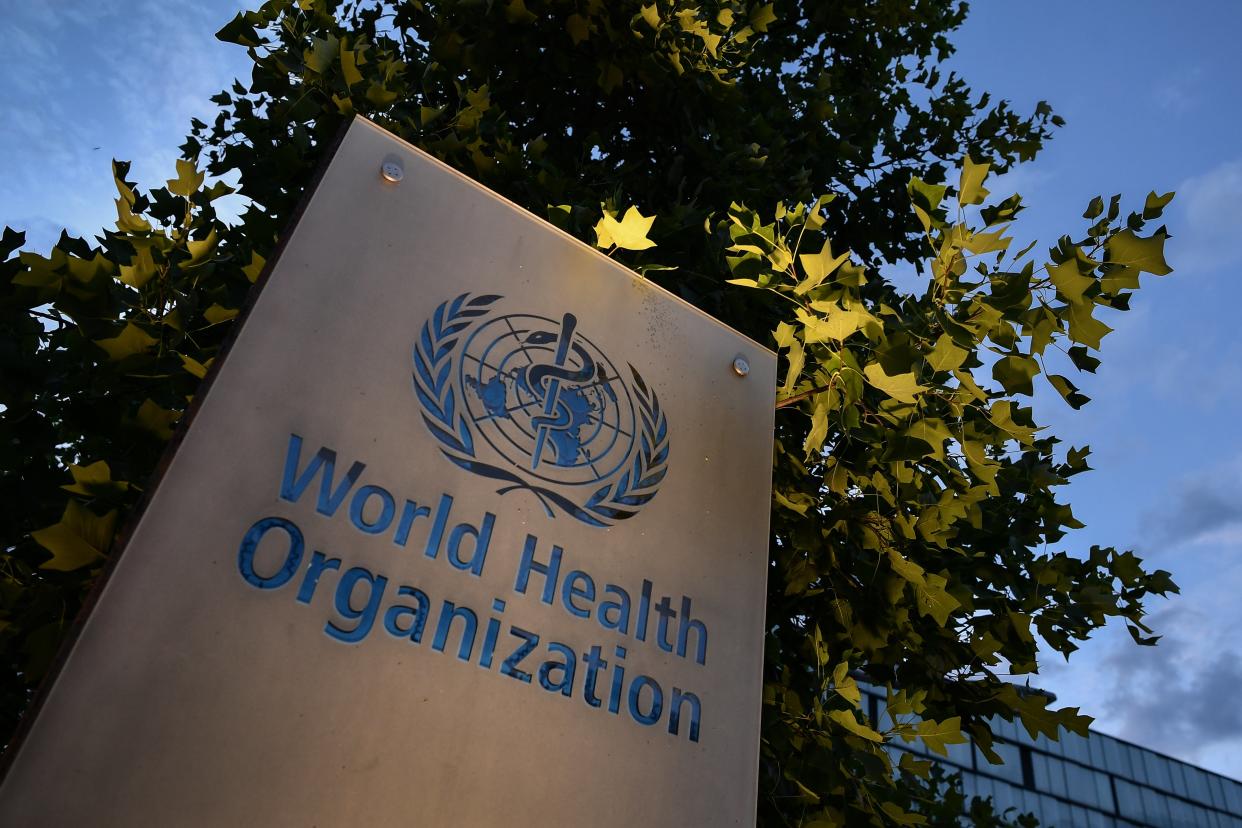Coronavirus: WHO warns against pandemic complacency after recent vaccine progress

The World Health Organisation has warned against growing complacency towards the pandemic following recent progress in the development of crucial Covid-19 vaccines.
Three jabs have so far been shown to be effective, with the UK becoming the first country in the world to approve for use the vaccine developed by Pfizer and BioNTech, raising hopes that the tide could soon turn against a virus that has killed nearly 1.5 million people globally.
“Progress on vaccines gives us all a lift and we can now start to see the light at the end of the tunnel. However, WHO is concerned that there is a growing perception that the Covid-19 pandemic is over,” Dr Tedros Adhanom Ghebreyesus, director of the WHO, said on Friday.
Dr Tedros said the pandemic still had a long way to go and that decisions made by citizens and governments would determine when the crisis would ultimately end.
“We know it’s been a hard year and people are tired, but in hospitals that are running at or over capacity it’s the hardest it can possibly be,” he said.
“The truth is that at present, many places are witnessing very high transmission of the Covid-19 virus, which is putting enormous pressure on hospitals, intensive care units and health workers.”
Regulators in the US and Europe are continuing to review trial data for the Pfizer-BioNTech candidate, along with the equally effective Moderna vaccine, while more tests are expected to be conduced to confirm the findings for the jab developed by Oxford University and AstraZeneca.
Nearly five billion doses are expected to be produced for the three vaccines throughout 2021, with other jabs set to follow in their footsteps in the new year.
However, the WHO’s top emergency expert, Mike Ryan, cautioned on Friday against complacency in the wake of the impending vaccine roll-out, saying that although they were a major part of the battle against Covid-19, vaccines would not on their own end the pandemic.
“Vaccines do not equal zero Covid,” he said. Dr Ryan said some countries would have to sustain very strong control measures for some time into the future or they would risk a “blow up” in cases, and a yo-yoing of the pandemic.
“We are in a pivotal moment in some countries. There are health systems in some countries at the point of collapse,” he said, without referring to specific countries.
The WHO said it also hopes to have half a billion doses of available for distribution by the global Covax Facility initiative in the first quarter of 2021.
To date 189 countries have joined the Covax programme, which is backed by the WHO and seeks to ensure equitable distribution of vaccines. The United States is not among them, having secured bilateral deals.
The initial Covax plan is to vaccinate the 20 per cent of populations at highest risk, including health workers and people aged over 65.
"The goal is to get at least 2 billion doses by end of 2021 which will be enough to vaccinate 20% of the populations of countries that are part of Covax,” chief scientist Soumya Swaminathan told a Geneva news conference on Friday.
This would be enough to "bring to an end the acute phase of the pandemic" by reducing mortality and the impact on health systems, she said.
"Our goal, our hope is that in the first quarter of 2021 that we would have about half a billion of doses available to be distributed across the countries, in a fair manner," Dr Swaminathan said.
"So countries can start expecting doses toward the end of the first quarter of 2021. A few countries may start earlier, it's likely, possible, that we may have some learnings by going early into a few countries," she said without elaborating.
"But then the majority, the bulk of the tranches would probably start moving out in the second quarter of 2021."
Covax is co-led by the GAVI vaccines alliance, the WHO and the Coalition for Epidemic Preparedness Innovations (Cepi).
Additional reporting by Reuters
Read More
Coronavirus is China’s chance to wage a data war on its own people
Covid infection rates drop across England, except in northeast
In face of 'grim' jobs report, Biden backs more COVID-19 aid


